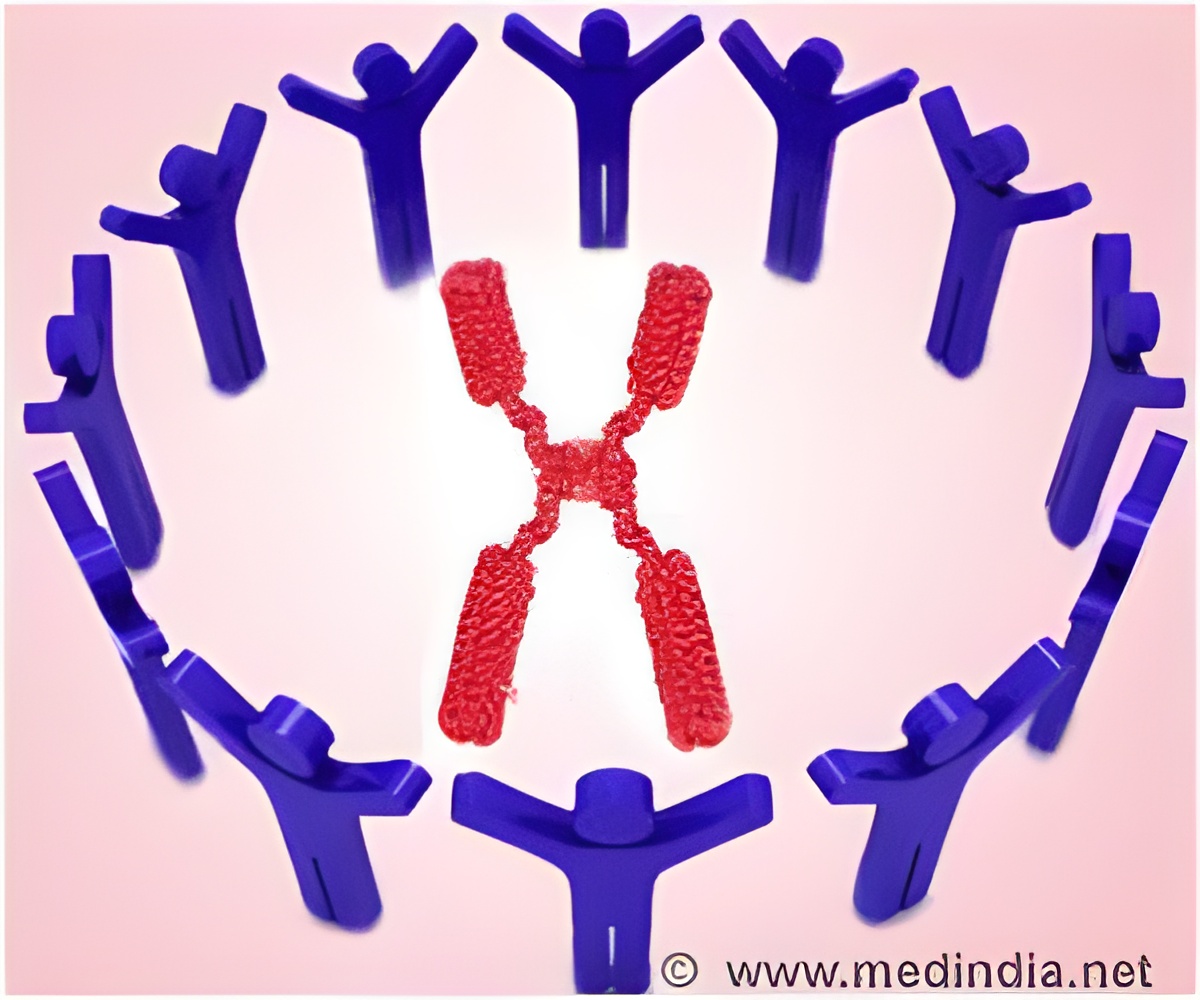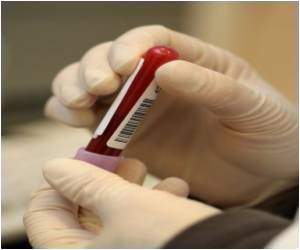For the past 60 years, the gene at the root of a human blood group that has remained a mystery, has been finally uncovered.

With the discovery of the gene behind the Vel blood group, medical scientists can now develop a more reliable DNA test to identify people who lack this group. This will reduce the risk of severe, and sometimes life threatening, destruction of the Vel-positive donor red blood cells in patients with antibodies against Vel.
The genetic basis of nearly all 34 blood group systems has been resolved over the past century, but identification of the underlying gene of the Vel blood group has withstood persistent attempts since it was first identified 60 years ago.
It is estimated that one in 5000 people are Vel-negative, and routine blood transfusions for patients with antibodies against Vel can lead to kidney failure and even death.
"This is really exciting as it shows how the power of modern genomics technologies can directly benefit patient care," said Professor Willem Ouwehand, who heads one of the NHS Blood and Transplant research teams at both the University of Cambridge and the Wellcome Trust Sanger Institute.
"This is also a milestone in blood group genetics and the end of long and astounding journey of discoveries in blood group genetics which started with Landsteiner from Austria and Fisher, Coombs and Morgan from England," he added.
They then sequenced the coding fraction of the genomes of five donors who lack the Vel group to identify the underlying gene.
Current testing for Vel-negative people can be inaccurate but identifying this new role for the gene will make it easier to identify people who lack Vel.
The Sanquin Blood Supply research laboratories in Amsterdam and the NHS Blood and Transplant Centre in Cambridge are currently working together to develop a new and affordable DNA test to efficiently identify people who lack the Vel group.
Source-ANI
 MEDINDIA
MEDINDIA




 Email
Email










